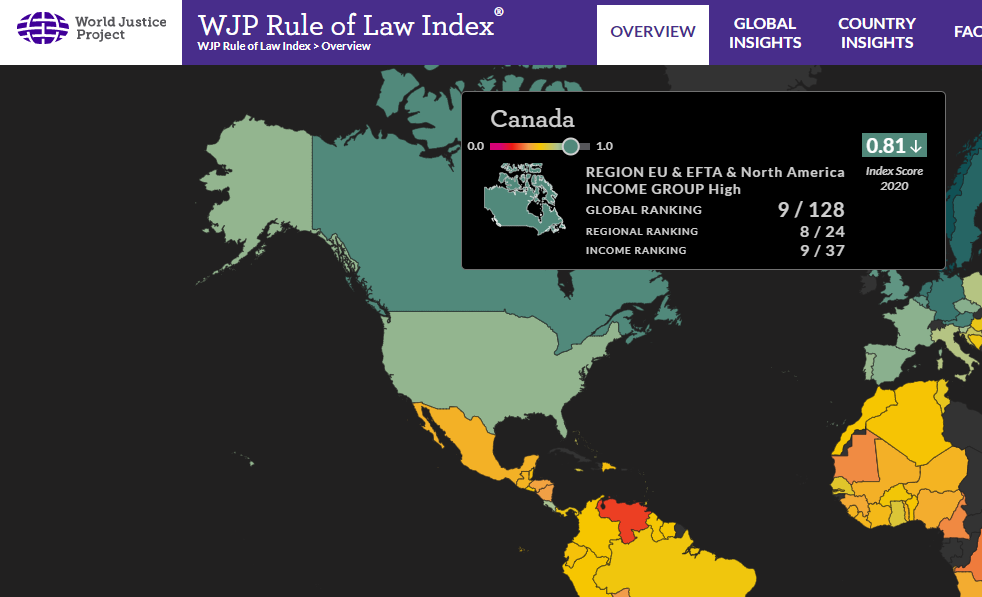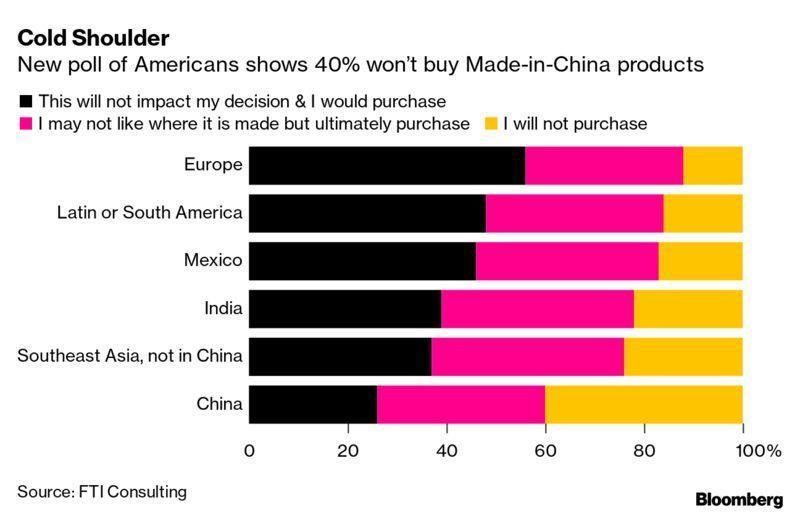Deglobalization 1.0 - Part II
Are we rapidly approaching a transition point?
Hi,
Welcome to Decade of 2020, a newsletter with a relentless focus on how the next 10 years will affect the middle class. Forewarned is forearmed, they say. If you’d like to sign up, you can do so here. Or just continue to read…

This picture shows the Austro-Hungarian Archduke Franz Ferdinand and his wife, Sophie left Sarajevo City Hall on the 28th of June in 1914. Shortly after they were murdered by a “freedom fighter”. Within 30 days, the first world war broke out.
“Human cultures have blind spots. We have no vocabulary to describe paradigm changes in the largest boundaries of life, especially those happening around us.”
From The Sovereign Individual by James Dale Davidson & Lord William Rees-Mogg
The first world war led to fall of those empires that had endured wars, plagues and famines for centuries and resulted in a re-organization of the entire global order. To use a metaphor, Archduke Ferdinand’s assassination was the snowflake that triggered the avalanche that killed 16 million people and impoverished several million.
Fast forward to the present time and it begs the question: Is the world almost seeking a potential snowflake in the hotly contested waters of the South China Sea? Are we ready to encounter what comes after the wind carries a random snowflake and it gently nudges the massive, unstable snow-pack that has built up on the ridge?

Let’s all keep in mind that the first world war was an ultimate consequence of imperial rivalry between the then hegemon, Great Britain and her challenger, Germany. Likewise, deglobalization is the offspring of an increasing tussle for world hegemony between the United States, a risen power and China, the rising power. In the first part of this series, we saw how the backlash against globalization has emerged in form of despair and frustration at the grass roots level in America and percolated upward into the political spectrum.
“Globalization presumes sustained economic growth. Otherwise, the process loses its economic benefits and political support.”
Paul Samuelson, Nobel prize winning economist and advisor to Presidents John F. Kennedy and Lyndon B. Johnson.
As a second order effect, it is interesting to note how this process of unwinding and reformulating trade engagements has begun to sow seeds of chaos in the global marketplace.
“The Carrot and the Big Stick” approach
China is Australia’s largest trading partner and their bilateral trade exceeded US$ 160 billion between July 2018 to June 2019. That was all fine except just like Japan and the United States, Australia decided to come in the way of Chinese hegemony in the South China Sea. This action drew the ire of the CCP and after back-channel diplomacy didn’t materialize, China unleashed the stick by imposing a 80 percent tariff on barley. It was a crippling blow to the Australian farmers given almost half of their production gets exported to China. This was only one part of the Chinese strategy.
“China is like a pig on LSD; you don’t know which way it will go!”
Jim Chanos, Investment manager and famed short seller.
The insatiable appetite for beer in China, especially during the peak drinking season meant the flow of the key raw material - barley - must not stop. The other part of the strategy was astutely pivoting to the other big producer with whom they are in a love-hate relationship with already: Canada. Canadian media houses instantly labeled it a victory without considering that they were being played against a key ally with whom the West shares common democratic values. All that being said, keep an eye out for such abrupt, geopolitically driven changes in material sourcing as these aberrations will reflect in the prices of related stocks and agri-futures contracts.
Circling back, as one would expect, the negative spiral of tit-for-tat ratcheted further. Australia knew they had to respond strongly so they leveraged the fact that two Canadian citizens are being persecuted in China on drummed up charges of espionage to their own advantage.
“Wars spring from unseen and generally insignificant causes, the first outbreak being often but an explosion of anger.”
Thucydides, Greek historian who chronicled nearly 30 years of war between Athens and Sparta in History of the Peloponnesian War.
On the 7th of July 2020, the Australia’s Department of Foreign Affairs issued a provocative travel advisory asking its citizens to completely avoid traveling to China to safeguard themselves from the risk of “arbitrary detention”.

A Regionalized World?
So what comes after? I get this asked often. To which I have one possible explanation: “Regionalization!” What I mean is agricultural trade between the great powers will continue, but with a lot of hostile bargaining. Although when it comes to technological (hardware, software, biotech) and industrial trade, that will undergo drastic disengagement. As a direct consequence, competition will get more intense and the methods of obtaining leverage - covert and overt - in the global marketplace will become further weaponized (**highly recommended**).
Back in February, before the corona virus had become a full pandemic, the effects of the trade war were becoming obvious. The media tried to play it down as a “short term” shortage citing China’s shutting down as the reason for U.S. based firms supplying to agro-equipment giants such as Caterpillar, Deere and Komatsu to face a steep increase in their input costs from having to source locally.
But the change appears to be more a permanent nature than a “short term” one. The commentary offered in an article published recently in the Wall Street Journal underscores this neatly:
“……. the pandemic has done is highlight some of the ways that globalization may have gone a bit too far,” said Peter Anderson, vice president of supply chain and manufacturing for Indiana-based engine maker Cummins Inc., which has 125 factories in 27 countries. A decade of disease, natural disasters and trade wars has shown how companies have been putting a huge amount of risk in global supply chains,” he said.
Those disruptions, he said, are prompting Cummins to accelerate plans to make its production systems less global and to concentrate manufacturing closer to where the final goods get sold.
Aforesaid dynamic unfolding right in front of our eyes creates vastly advantageous circumstances for both Mexico and Canada if they play their cards correctly. More so for Canada, given the comparative advantage of the former by virtue of the fact that medical care is backstopped by the federal and provincial governments and it ranks higher (even than the US) in terms of social justice and rule-of-law.

Manufacturing public opinion
The subtle and not-so-subtle tactics employed by the western media in assigning us an opinion on this subject is gradually beginning to show its colors. Yes, you read that correctly. Scott Adams, the creator of Dilbert, enlightened his twitter audience with this accurate observation recently: “We no longer have independent opinions, we are assigned one!” Sit down and think about it; I have wrestled with it ever since I heard it and look forward to your thoughts in the comments section.
“We are governed, our minds are molded, our tastes formed, our ideas suggested, largely by men we have never heard of.”
Edward Bernays, author of Crystallizing Public Opinion (1923) who is considered to be the father of modern propaganda.
In a survey conducted by FTI Consulting in May 2020, some 40% of American participants said they won’t buy products from China. While the sample size of this survey was only 1,012 adults, which is relatively small, it cannot be entirely neglected.

Hopefully, the nationalistic wave the powers-that-be are trying to generate remains contained to economic punishment through boycott of products made-in-China and doesn’t overshoot the mark to manifest itself as xenophobia. There are some recent incidents that point toward a disturbing trend which we all need to be aware of and actively discourage. I think my readers will wholeheartedly agree when I say we can’t afford to remain silent against such individuals who openly harbor racist views and perpetrate acts of hate upon innocent civilians.
Leaders Wanted
Change is coming, whether we to choose to like it or we don’t. I urge my readers to firstly embrace this hard fact, and secondly, prepare for it. This step is obviously the hardest one. The next step would be to assume leadership in moving your own pieces on the chess board in advance of the herd in order to reap the benefits without guilt or shame.
“The paradox of change is that while everyone says they want change, not many people actually like it, and even less want to lead it.”
Sean A. Culey, in Transition Point: From Steam to Singularity
Don’t forget to smile and stay safe!

